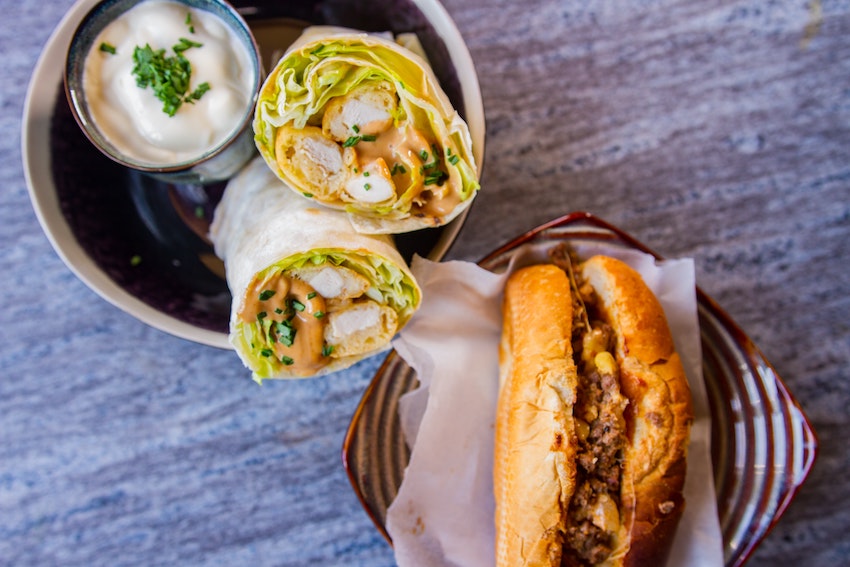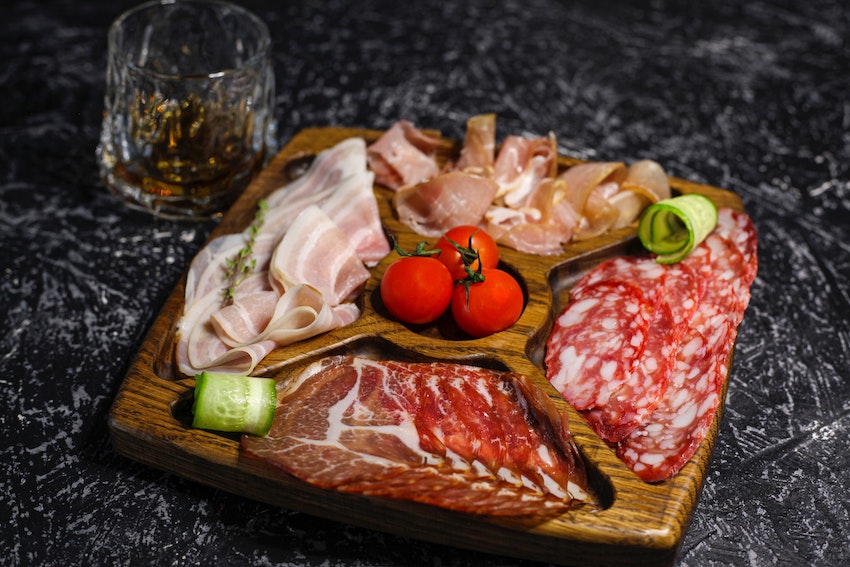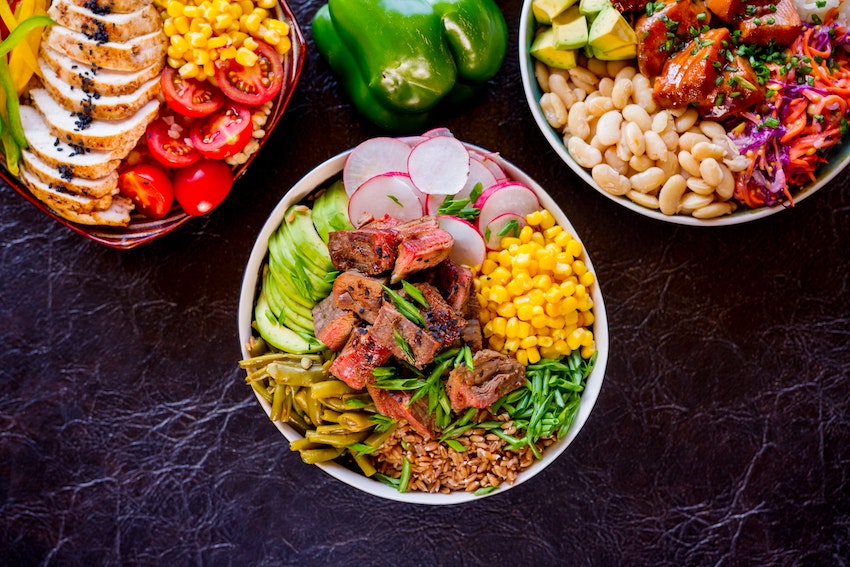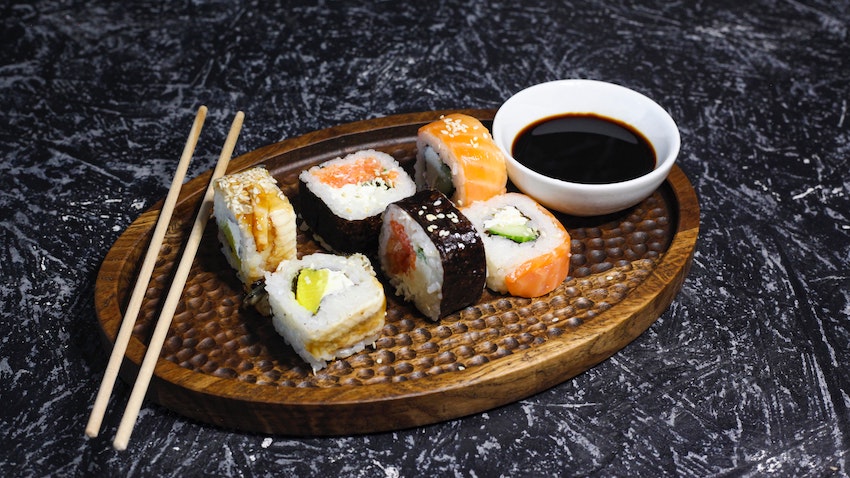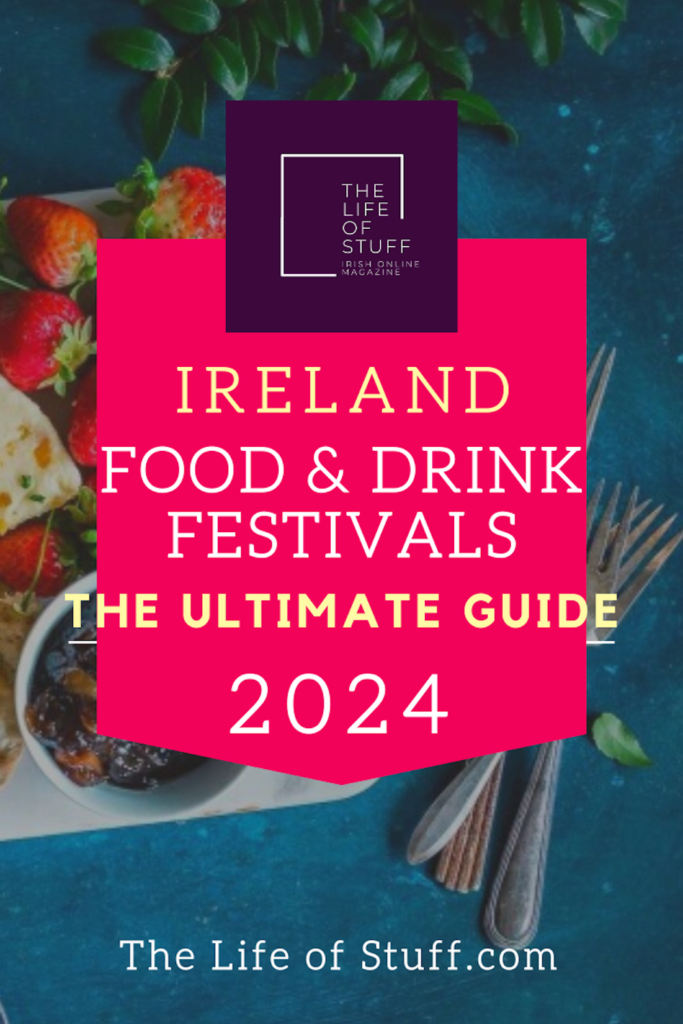Food Poisoning When Travelling
FOOD IS LOVE, FOOD IS LIFE
Food poisoning is a common ailment that can be caused by eating food that has been contaminated with bacteria, viruses, or parasites.
It can happen anywhere, in your own home, town, or country, and when you’re travelling further afield.
For example in Ireland, where the standard of food healthy and safety is regarded as one of the highest in the world, Campylobacter, the commonest form of bacterial gastroenteritis (bowel infection), remained the most common bacterial cause of gastroenteritis in Ireland. ‘HPSC data shows 2,432 cases in 2020 and 3,154 in 2021.’
And in the United Kingdom, there are an estimated 5.4 million cases of food poisoning every year.
While most cases are mild and resolve without any treatment, food poisoning can sometimes be serious and even life-threatening. In this article, we will discuss ‘The 3 Main Causes of Food Poisoning when Travelling’ and how you can protect yourself.
Contaminated Food
The most common cause of food poisoning is consuming food that has been contaminated with bacteria, viruses, or parasites.
Bacteria are the most frequent culprits and can be present in improperly stored food items, contaminated water, and even on unwashed hands.
Viruses can also contribute to food poisoning, but these are generally limited to foods that have been prepared by infected individuals.
Parasites are typically found in undercooked or raw meat and seafood products. For example, a common parasite called Toxoplasma gondii is often found in raw or undercooked pork and lamb.
The 3 Main Causes of Food Poisoning when Travelling
#1 Food Poisoning when Travelling Cause
Poor Hygiene Practices
Another major contributor to food poisoning is improper hygiene practices during the preparation of meals. This includes:
- Not washing hands thoroughly before handling food items
- Not washing kitchen surfaces after handling raw foods such as meats
- Not cooking food thoroughly enough to kill harmful bacteria
- Not storing food at the proper temperature.
Environmental hygiene in the kitchen is extremely important.
#2 Food Poisoning when Travelling Cause
Cross-Contamination
Cross-contamination can occur when different types of raw foods come in contact with one another during preparation or storage. For example, if raw meat or poultry is not stored properly, it can spread bacteria onto other foods that are nearby.
Similarly, if a knife used to cut raw meat is then used to chop vegetables without being washed first, the bacteria on the knife can contaminate the vegetables as well.
#3 Food Poisoning when Travelling Cause
Animal Feces
Animal feces can also be a source of food poisoning if it contaminates fruits and vegetables that are consumed raw. This is particularly a problem in developing countries where animals often roam freely and their waste may end up on farms or into the water supply.
Implications for Food Safety
Understanding the causes of food poisoning is essential for preventing it.
The best way to protect yourself (and your family) from food poisoning is to practice proper hygiene, cook food thoroughly, store food at the correct temperatures, and avoid consuming raw or undercooked foods. By following these steps, you can greatly reduce your risk of contracting a food-borne illness.
And the same knowledge can be transferred to your food experience when travelling. Of course you aren’t going to know how health and safety conscious the establishment you’re dining at is, but you can use your common sense, and make an educated guess.
Ask yourself some questions before you order:
- Is the establishment clean?
- Is it popular with locals? – busy with locals is always a positive sign of great food.
- Is your food thoroughly cooked?
Then consider:
- Only drinking bottled water – ensure the bottle is sealed.
- Pass on the salad in areas with undrinkable tap water – it could be washed in it.
- Decline ice in your drink.
- Always pack medication for food poisoning symptoms such as diarrhea, dehydration and drink plenty of fluids if you should unfortunately suffer.
Photos by Vlad Melnikov
Follow The Life of Stuff on Facebook | Twitter | Pinterest | Instagram

